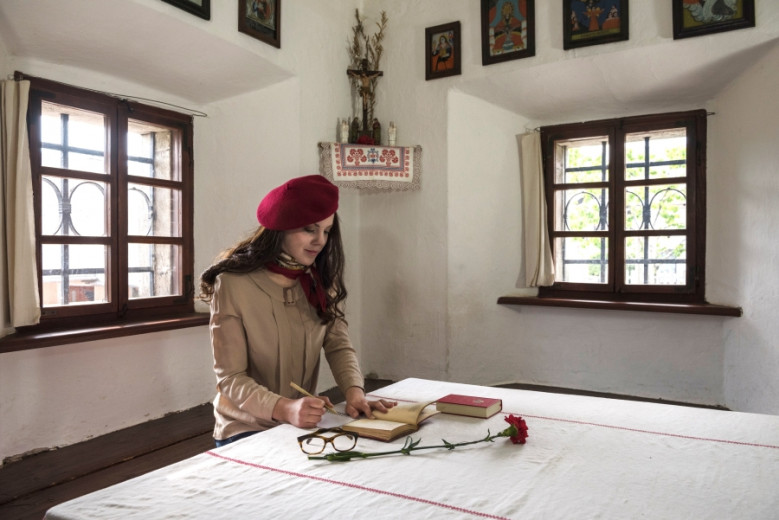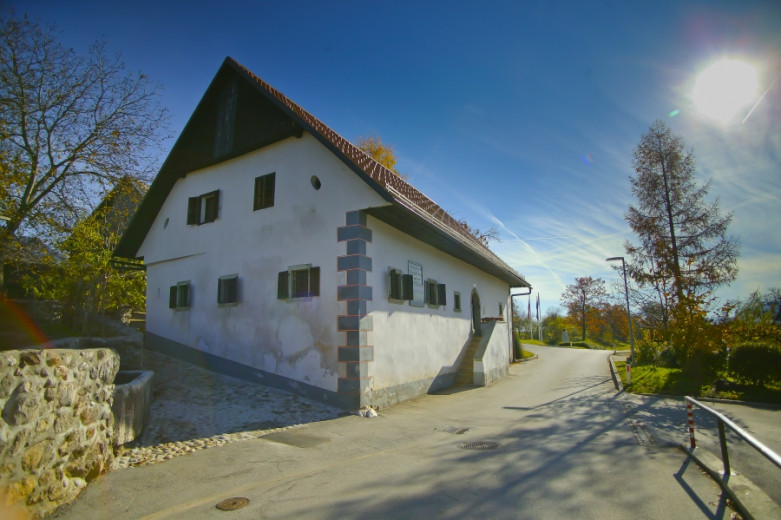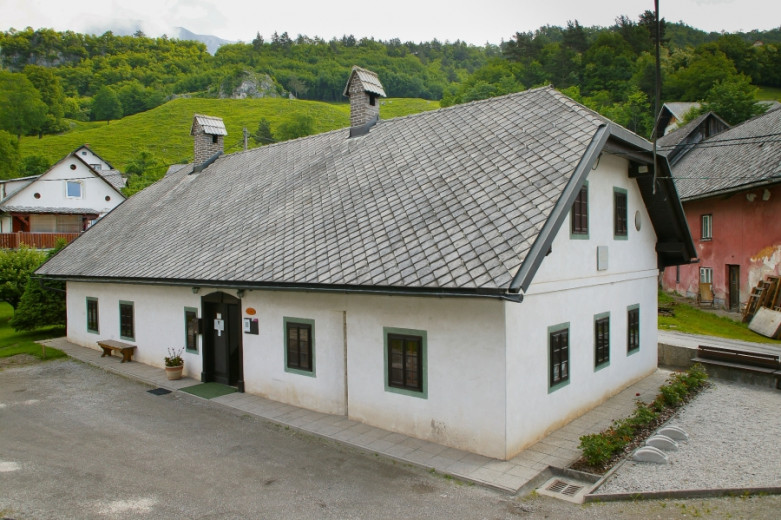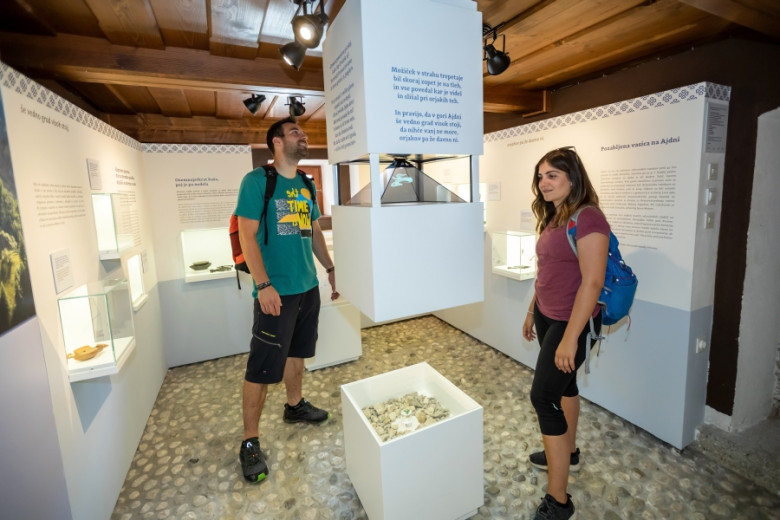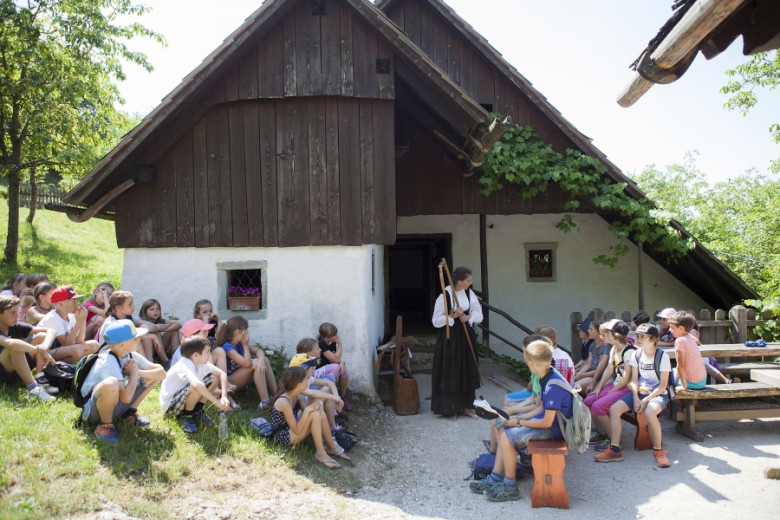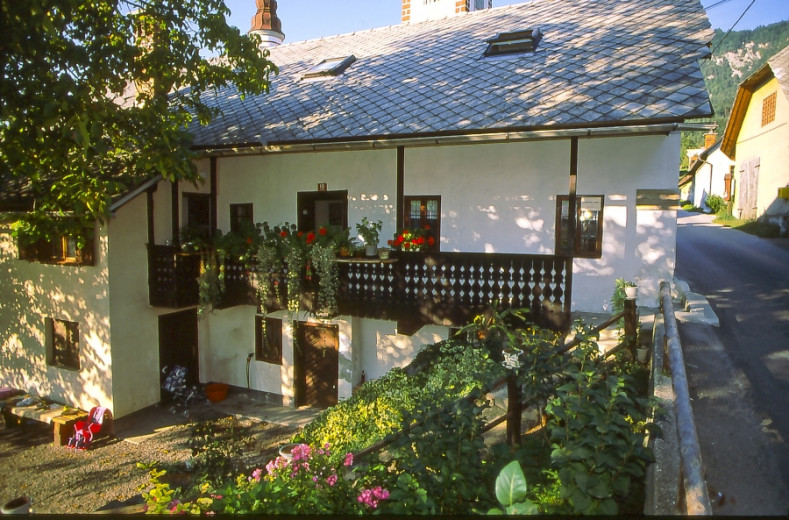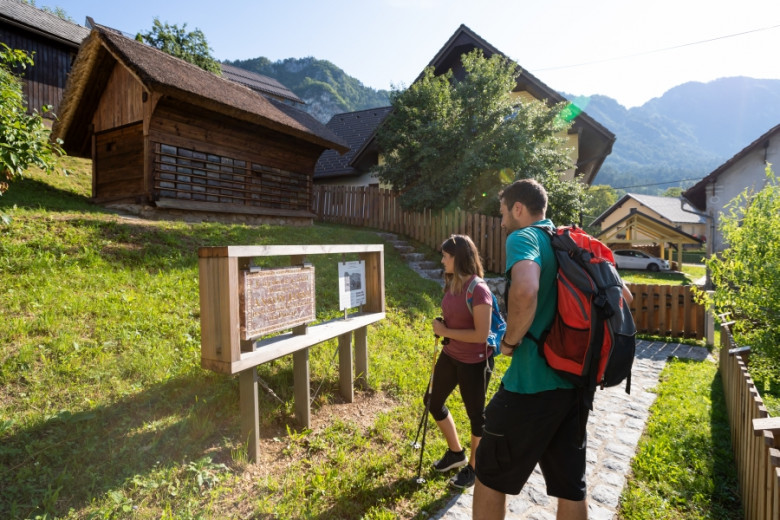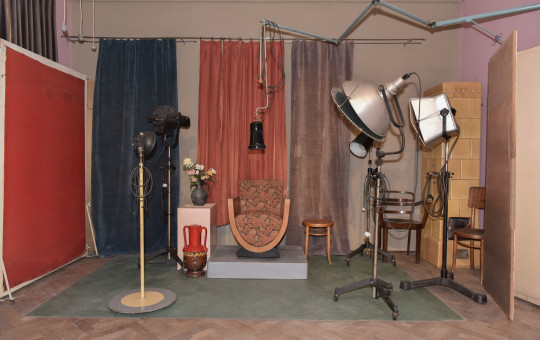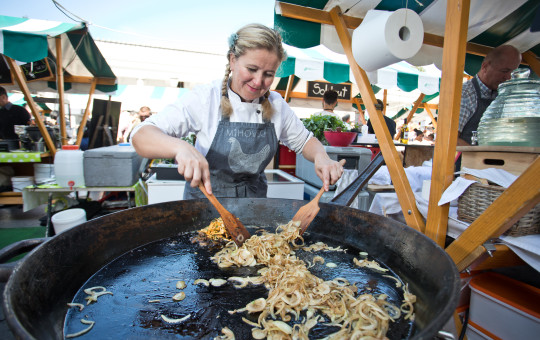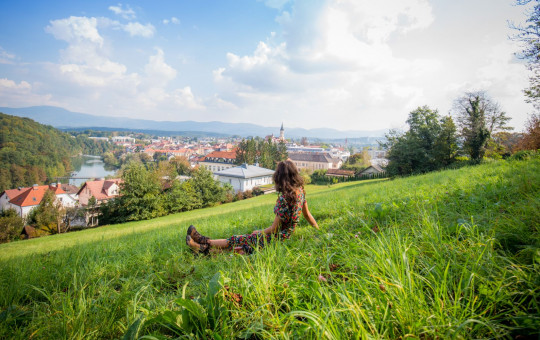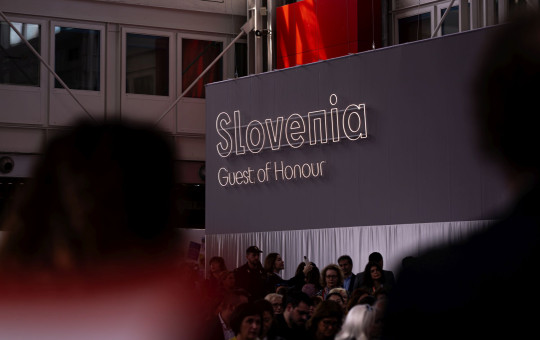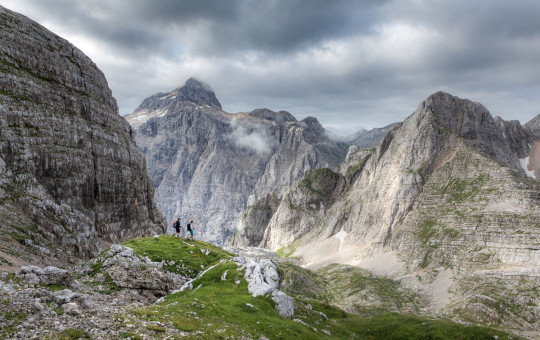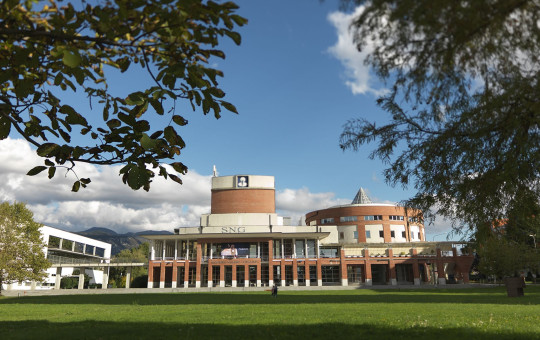The birthplace of the poet France Prešeren, considered the greatest Slovenian poet, still stands in the village of Vrba in the Gorenjska region. The surrounding area also brings together many other interesting cultural features, which are linked by the Žirovnica Path of Cultural Heritage. The 10-kilometre circular route follows local, village and field roads, with part of the route crossing a pasture running above the villages.
To commemorate the poet, a hike along the Žirovnica Path of Cultural Heritage is traditionally held on 8 February – Prešeren Day, a national holiday and the Slovenian cultural holiday.
Visit the birthplaces of Slovenian cultural greats on the most beautiful and oldest themed trail in Slovenia. Visitors can discover what inspired them, learn about their childhoods, their lives and, of course, attend the main ceremony held in front of the Prešeren Monument in Vrba.
The path connects the birthplaces of five great figures in Slovenian culture: The birth houses of Prešeren in Vrba, Matija Čop in Žirovnica, Fran Saleški Finžgar in Doslovče, and Janez Jalen in Rodine, and the beehive of Anton Janša in Breznica. All of them have undoubtedly left their mark on Slovenian history.
Prešeren's birthplace is one of the oldest houses in Vrba. The original building dates from the 16th century. It was restored to its present appearance after a fire in 1856 destroyed the outbuildings, the thatched roof and the wooden roofing. The predominant building features are those found in other farmhouses in Vrba and the surrounding area in the 19th century. The house in which Prešeren was born was declared a monument of national importance in 2011. There, visitors can discover the characteristics of a typical farmhouse from the first half of the 19th century, such as a tiled bread oven, a chamber with Prešeren's cradle and an open-hearth or “black” kitchen. A visit here will let you understand the significance of this cultural holiday, which Slovenians also uniquely celebrate as a national holiday.
In the birthplace of Matija Čop, visitors can take in the exhibition on his life and work as the first Slovenian literary historian, linguist, librarian and one of Europe's greatest scholars. In the house you can see manuscripts depicting Čop's life and his relationship with France Prešeren, who was his great friend and confidant.
Finžgar's birthplace is home to an exhibition of writings, stories and photographs by Fran Saleški Finžgar, a master of folk art and the author of the first Slovenian historical novel Pod svobodnim soncem (Under the Free Sun). The house, serving as both a living space and a workshop, is an example of how a kajžar (smallholder) family at the end of the 19th century in the Gorenjska region lived. The writer's grandfather wove linen on a loom, and the writer's father was the first tailor far and wide to have a sewing machine.
The birthplace of the writer Janez Jalen is one of the oldest buildings in the village of Rodine, dating back some 400 years. In the museum section, personal objects from the writer's estate are displayed, with the showcases there displaying a wealth of material on his life and work. Jalen carefully preserved his manuscripts, correspondence and other documents. He was a lover of nature and the animal world, was very attached to his home environment and especially to the Slovenian language.
The Anton Janša apiary represents the heritage of this pioneer of modern beekeeping, who became the first teacher of beekeeping at the Imperial Court in Vienna. You can see the commemorative beehive, which is modelled on the one built by Anton Janša's father almost 300 years ago, and discover the Slovenian tradition of painting beehive panels depicting religious motifs, historical scenes and stories of rural daily life. An interesting fact relating to Anton Janša is that birthday, 20 May, was declared World Bee Day by the United Nations in 2018.
Date: 7. February 2023
Time to read: 3 min

